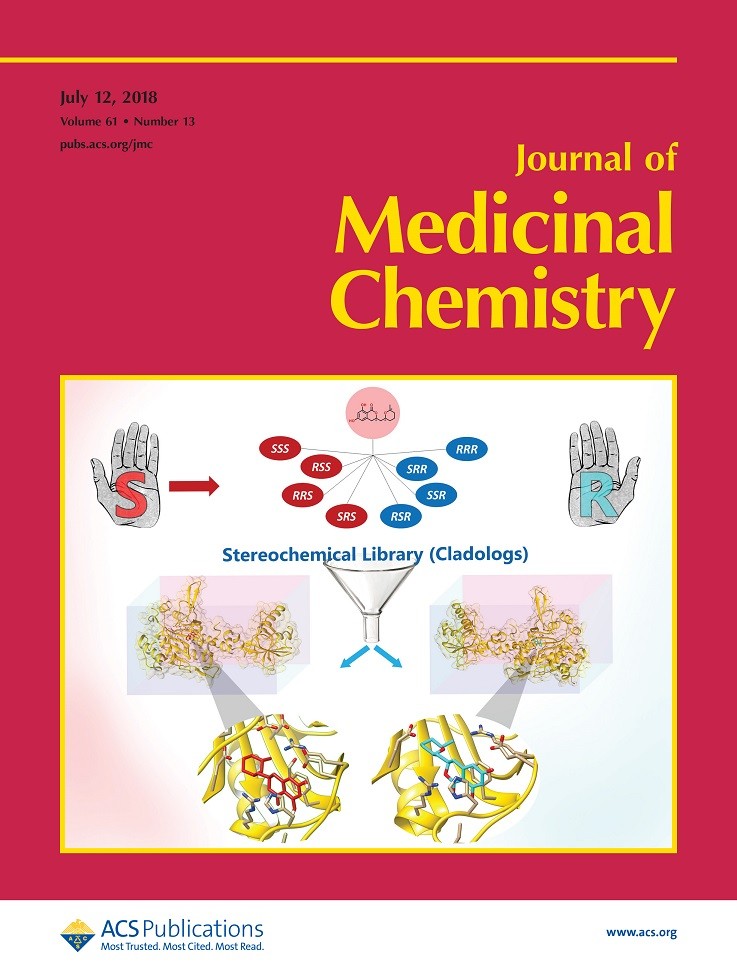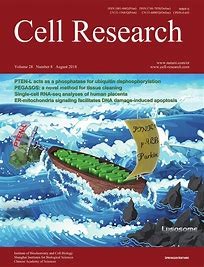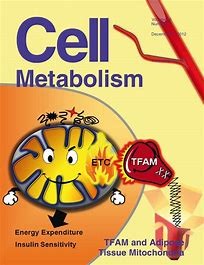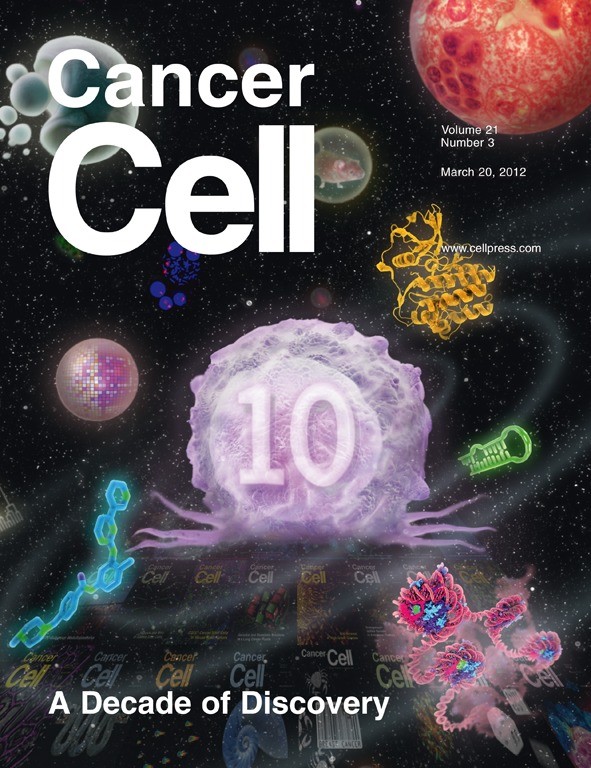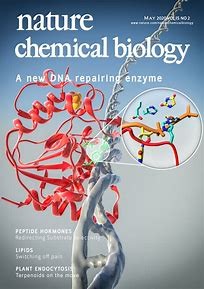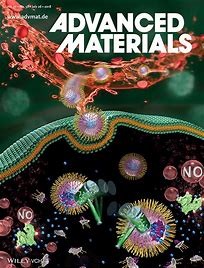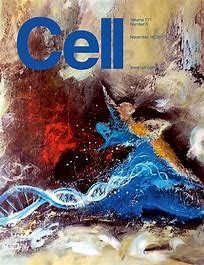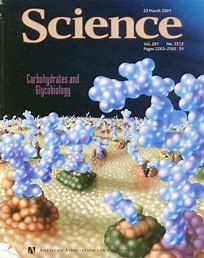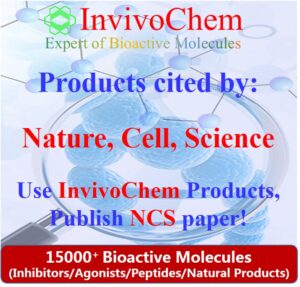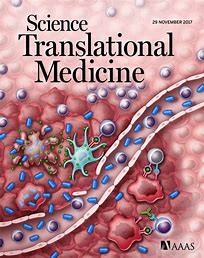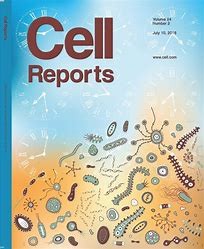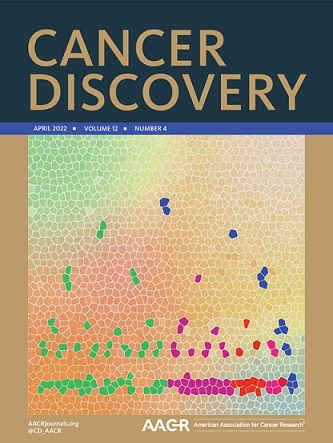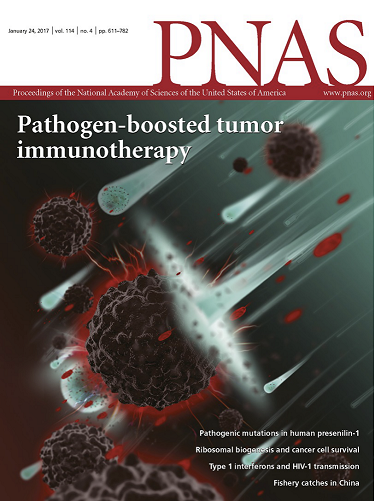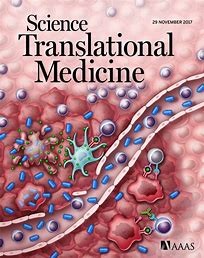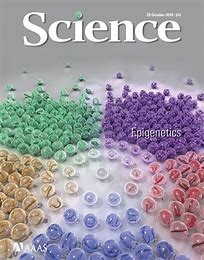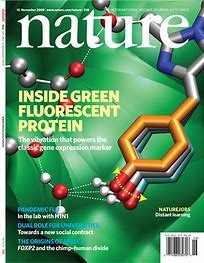GSK2982772
This product is for research use only, not for human use. We do not sell to patients.
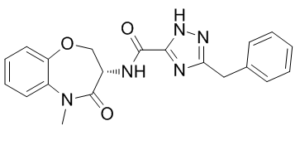
For small sizes, please check our retail website as below: www.invivochem.com
| Size | Price | Stock |
|---|---|---|
| 100mg | $880 | Check With Us |
| 250mg | $1480 | Check With Us |
| 500mg | $2220 | Check With Us |
Cat #: V2776 CAS #: 1622848-92-3 Purity ≥ 98%
Description: GSK2982772 (GSK-2982772; GSK772) is a potent, selective, oral and ATP competitive inhibitor of RIP1 (receptor Interacting Protein 1) with the potential for the treatment of inflammatory diseases.
Top Publications Citing Invivochem Products
Publications Citing InvivoChem Products
Product Promise

- Physicochemical and Storage Information
- Protocol
- Related Biological Data
- Stock Solution Preparation
- Quality Control Documentation
| Molecular Weight (MW) | 377.40 |
|---|---|
| Molecular Formula | C20H19N5O3 |
| CAS No. | 1622848-92-3 |
| Storage | -20℃ for 3 years in powder formr |
| -80℃ for 2 years in solvent | |
| Solubility In Vitro | DMSO: 75 mg/mL (198.72 mM)r |
| Water: <1 mg/mLr | |
| Ethanol: 30 mg/mL (79.49 mM) | |
| SMILES Code | O=C(C1=NN=C(CC2=CC=CC=C2)N1)N[C@@H]3C(N(C)C4=CC=CC=C4OC3)=O |
| Synonyms | GSK-2982772; GSK-772; GSK2982772; GSK772; GSK 2982772; GSK'772 |
| Protocol | In Vitro | GSK2982772 shows more than 1,000-fold selectivity for ERK5 over a panel of over 339 kinases at 10 μM. In stimulated cellular systems,GSK2982772 is also able to reduce spontaneous production of cytokines (IL-1β and IL-6) in a concentration-dependent fashion from ulcerative colitis explant tissue in overnight incubations. GSK2982772 produces a weak concentration dependent inhibition of hERG in human embryonic kidney (HEK-293) cells, with an estimated IC50 of 195 μM, and also shows a weak activation of the human Pregnane X receptor (hPXR) with an EC50 of 13 μM. |
|---|---|---|
| In Vivo | GSK2982772 is dosed orally 15 min prior to TNF and shows 68, 80, and 87% protection from temperature loss over 6 h, at doses of 3, 10, and 50 mg/kg, respectively. In the corresponding TNF/zVAD model, GSK2982772 shows 13, 63, and 93% protection from temperature loss over 3 h. GSK2982772 displays a good free fraction in blood in rats (4.2%), dogs (11%), cynomolgus monkeys (11%), and humans (7.4%). The inhibitor has a good pharmacokinetic profile across both rats and monkeys. GSK2982772 distributes into a range of tissues including the colon, liver, kidney, and heart at concentrations comparable to those of blood. However, GSK2982772 has low brain penetration in rat (4%) despite possessing good cell permeability (21×10-6 cm/s). |
These protocols are for reference only. InvivoChem does not
independently validate these methods.
| Solvent volume to be added | Mass (the weight of a compound) | |||
|---|---|---|---|---|
| Mother liquor concentration | 1mg | 5mg | 10mg | 20mg |
| 1mM | 2.6497 mL | 13.2485 mL | 26.4971 mL | 52.9942 mL |
| 5mM | 0.5299 mL | 2.6497 mL | 5.2994 mL | 10.5988 mL |
| 10mM | 0.2650 mL | 1.3249 mL | 2.6497 mL | 5.2994 mL |
| 20mM | 0.1325 mL | 0.6624 mL | 1.3249 mL | 2.6497 mL |
The molarity calculator equation
Mass(g) = Concentration(mol/L) × Volume(L) × Molecular Weight(g/mol)
Mass
=
Concentration
×
Volume
×
Molecular Weight*
The dilution calculator equation
Concentration(start)
×
Volume(start)
=
Concentration(final)
×
Volume(final)
This equation is commonly abbreviated as: C1 V1 = C2 V2
Concentration(start)
C1
×
Volume(start)
V1
=
Concentration(final)
C2
×
Volume(final)
V2
Step One: Enter information below
Dosage mg/kg
Average weight of animals g
Dosing volume per animal µL
Number of animals
Step Two: Enter the in vivo formulation
%DMSO
+
%
+
%Tween 80
+
%ddH2O
Calculation Results:
Working concentration:
mg/ml;
Method for preparing DMSO master liquid:
mg
drug pre-dissolved in
µL
DMSO(Master liquid concentration
mg/mL)
,Please contact us first if the concentration exceeds the DMSO solubility of the batch of drug.
Method for preparing in vivo formulation:
Take
µL
DMSO master liquid, next add
µL
PEG300, mix and clarify, next add
µL
Tween 80,mix and clarify, next add
µL
ddH2O,mix and clarify.
Note:
- (1) Please be sure that the solution is clear before the addition of next solvent. Dissolution methods like vortex, ultrasound or warming and heat may be used to aid dissolving.
- (2) Be sure to add the solvent(s) in order.

